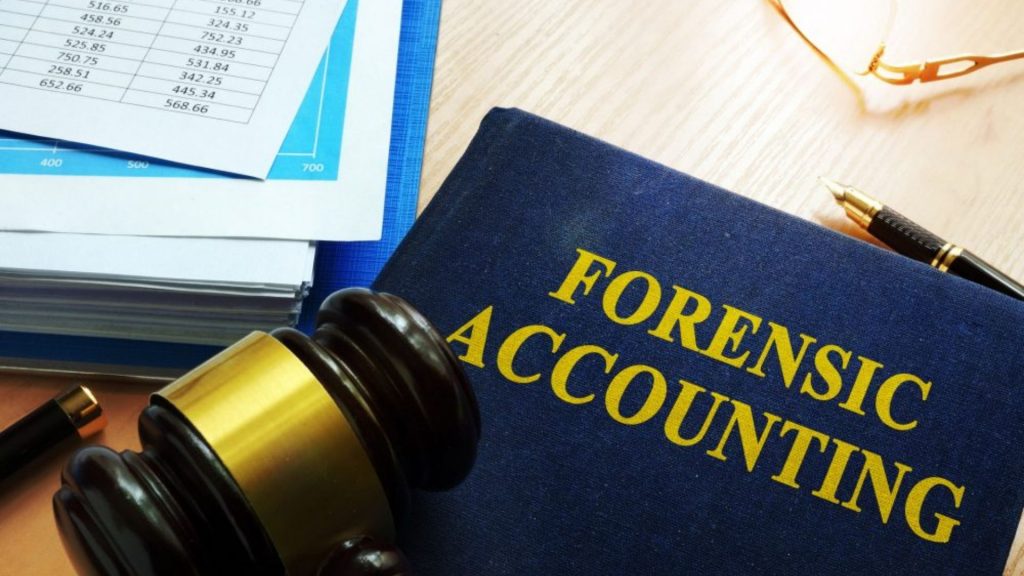The history of forensic accounting. Forensic accounting can be traced to ancient Egypt. We find evidence of scribes being used by pharaohs to track value items, such as gold and grain. These scribes used to work in pairs and record transactions independent of each other, which served as a form of internal control. The same concept of independent record-keeping became increasingly important as court systems were developed to resolve disputes between parties. In the 13th century, courts frequently relied on accountants to resolve financial damages cases.
The History Of Forensic Accounting
Very little is known about forensic accounting until 1817, when the first recorded case of an accountant testifying as an expert witness is noted in the history books. In a Canadian case, a bankruptcy matter arose that required the determination of the value of an estate. The court allowed the accountant who examined the relevant accounts to testify about the matter.
Although forensic accounting is a niche subject, Frank Wilson is considered the face of forensic accounting and a financial superhero. Frank was instrumental in bringing down the notorious gangster Al Capone. Al Capone, who had an extensive criminal history with strong links to organized crime, was always able to avoid punishment by bribing officials and threatening witnesses.
Frank Wilson, who worked with tax authorities, was assigned to a task force that was responsible for investigating the business dealings of Al Capone and finding evidence of tax evasion. Wilson, along with other members of the task force, reviewed many documents and was ultimately able to trace payments made to Capone that were not reported as income. Al Capone was eventually convicted of tax evasion and sentenced to 11 years in prison, essentially ending his career in crime.
As accounting rules and financial complexities evolved in the late 20th century, the demand for forensic accountants also increased, especially following the discovery of high-profile accounting scandals such as Enron in 2001. Enron eventually declared bankruptcy when its deception was discovered, and its auditor, Arthur Andersen, also collapsed. Other accounting scandals followed soon after Enron.
The fall of Enron led to the implementation of new laws and regulations across the world, which caused an increase in financial reporting requirements for publicly traded companies and transparency.
As investors realized that corporations are finding new ways to deceive the public by window dressing, even after undergoing annual audits, the role of forensic accountants became increasingly important.
With time forensic accounting has since evolved significantly. Forensic accounting was originally only associated with investigating fraud, but now, forensic accountants are increasingly being called upon to resolve various disputes. Forensic accountants today are involved in many different cases, from marital disputes and insurance claims to business valuations and criminal matters, a much broader range compared to the field’s humble beginnings.
Final Thoughts
Although the definition was not finalized for many years, the birth of Forensic Accounting is credited to Frank Wilson, who was assigned to a task force in 1930 while working as a CPA for the Internal Revenue Service to investigate the secret dealings of Al Capone, one of America’s most infamous Chicago gangsters. Capone was well-known for a number of illegal activities, many of which were violent crimes, but it was his failure to report Federal Income Tax that proved fatal, and it was all at the hands of Forensic Accountants.
In 1931, the notorious Al Capone was indicted for federal income tax evasion, owing the government $215,080.48 from illegal gambling profits, thanks to Wilson’s meticulous analysis of Capone’s financial records. Capone was found guilty and sentenced to federal prison for ten years. The significance of Forensic Accounting was established.





